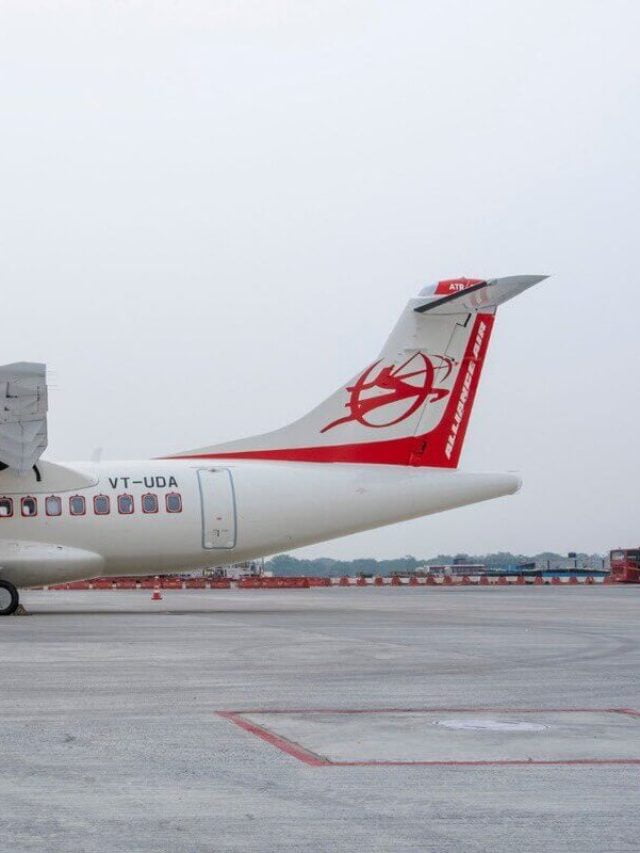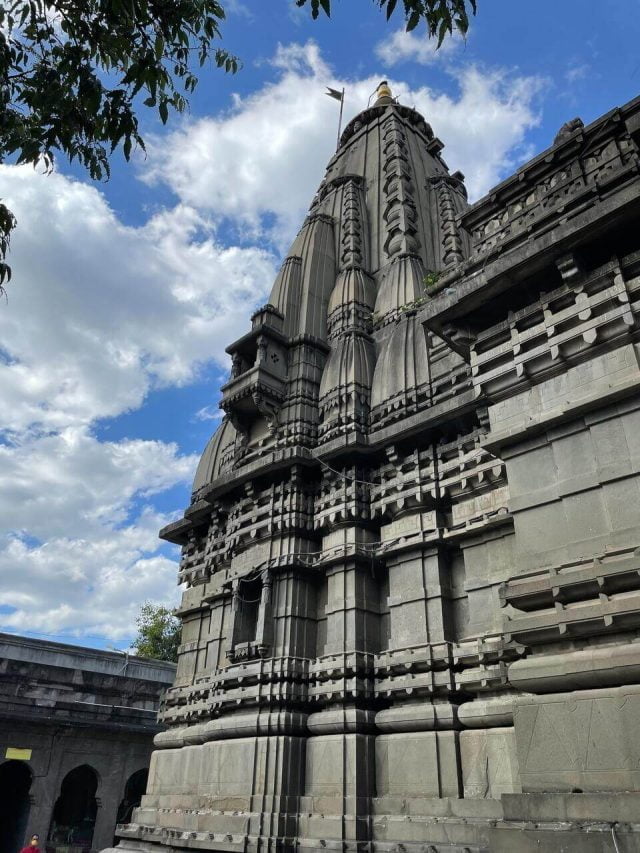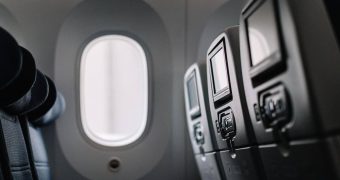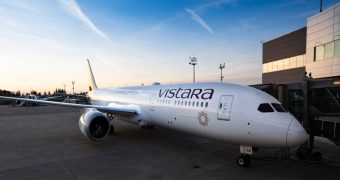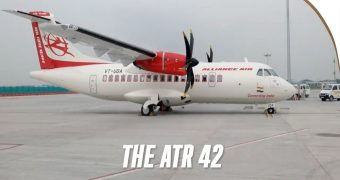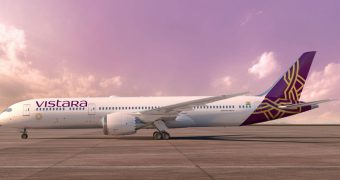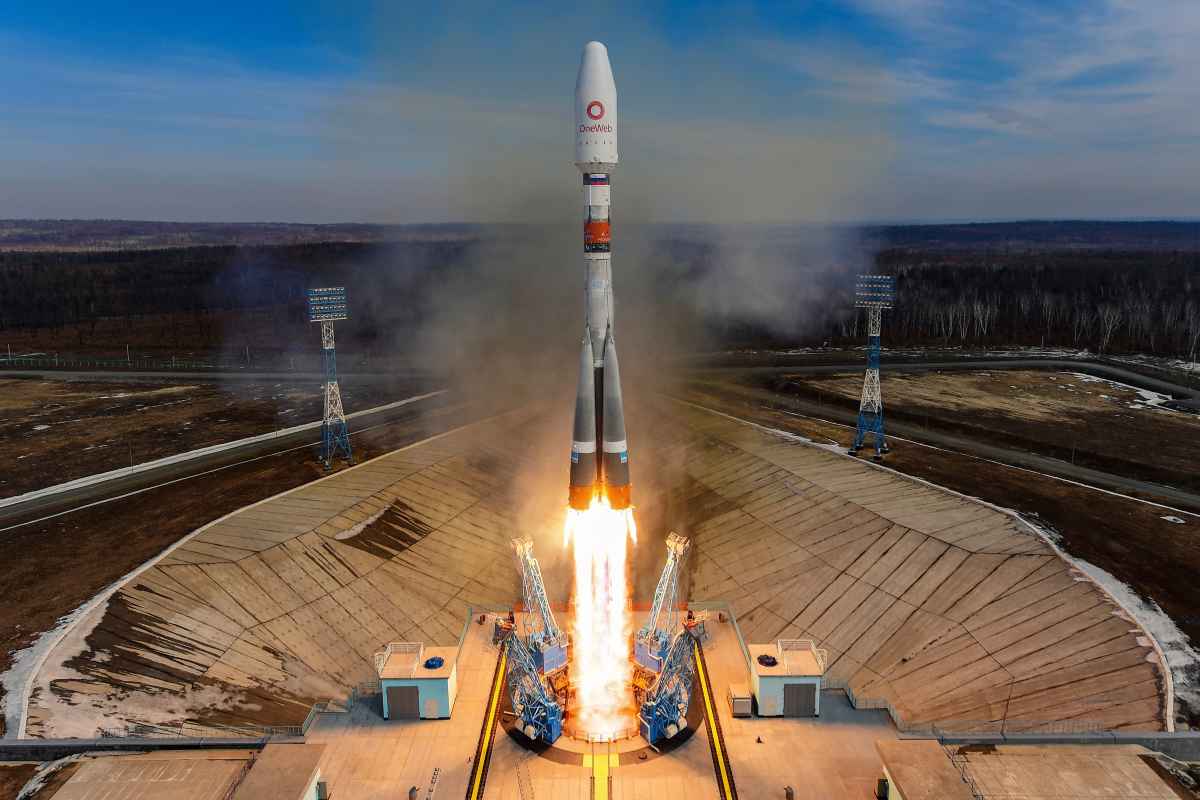
As the airline industry of the country is expected to have a rise in competition, one of the top executives of the major Indian airline Indigo said that they are very clear with their defensive strategies.
As the number of vaccinated travelers is increasing and restrictions in regards to travel are being lifted, the sector is seeing a comeback in a high number of passengers after getting hugely impacted by Covid-19.
The Competitive Landscape and Indigo’s Strategies
Currently, only about 7% of the country’s population opts for air travel. However, the high potential in the industry is now a point of interest for all the old and new companies.
According to a report from IANS, the CEO of Indigo, Ronojoy Dutta, said the competitive landscape is getting much more intense. He talked about the three potential new entrants. He considered the alliance of Air India, Vistara, and AirAsia as a formidable force and described them as a definite strong player in the market.
He further added that they have to be very careful about the new entrant Akasa which will be launching flight next year and lastly the re-introduction of Jet Airways.
To compete with the growing competition in the industry, Dutta talked about the three distinct strategies from Indigo. The first point is that Indigo has the lowest cost structure in the world. He said that their engines are getting more and more fuel-efficient and they have their service standard. And lastly, he talked about creating a good network and communication with their customers which is most important for the airlines to grow.
Furthermore, Indigo airlines would focus on creating more code-share agreements to increase its international work. The codeshare agreement allows airlines to sell seats on each other’s flights so that passengers get a wider range of choices. Dutta informed that they currently have code-share agreements with Qatar Airways and Turkish Airlines and they are looking for more.
The CEO also talked about the industry and how it has picked up growth and is expected to double in size in near future. He said that government needs to open more airports so that airlines can fly to smaller cities. He said that smaller cities need to be connected with each other as well instead of relying on metros.
